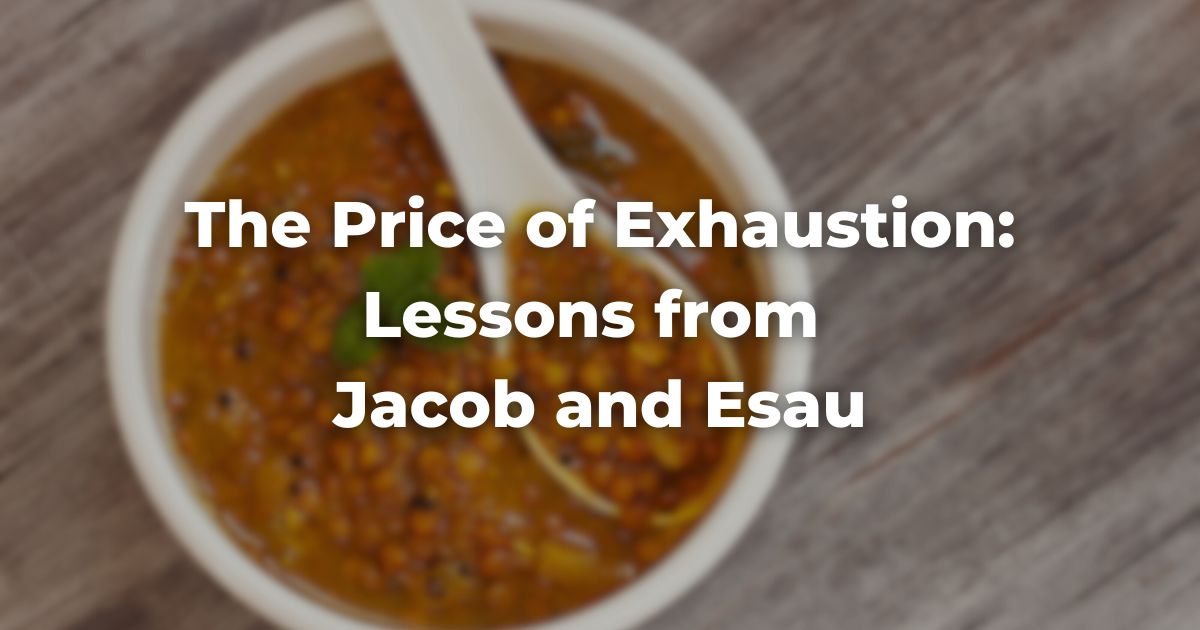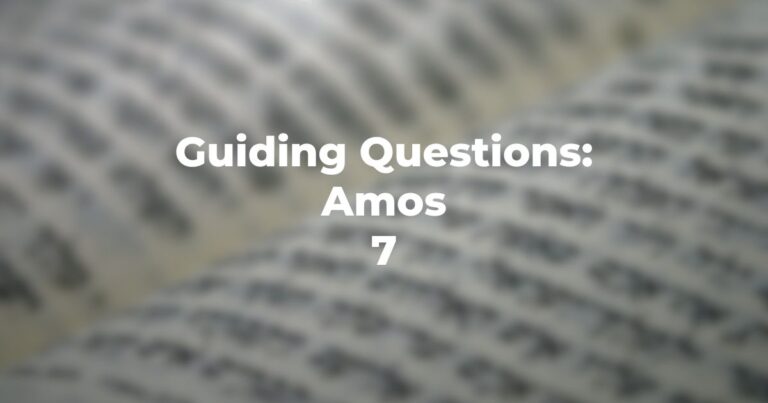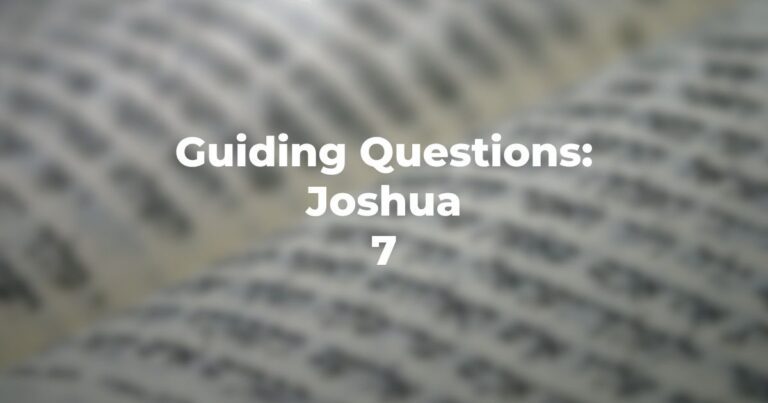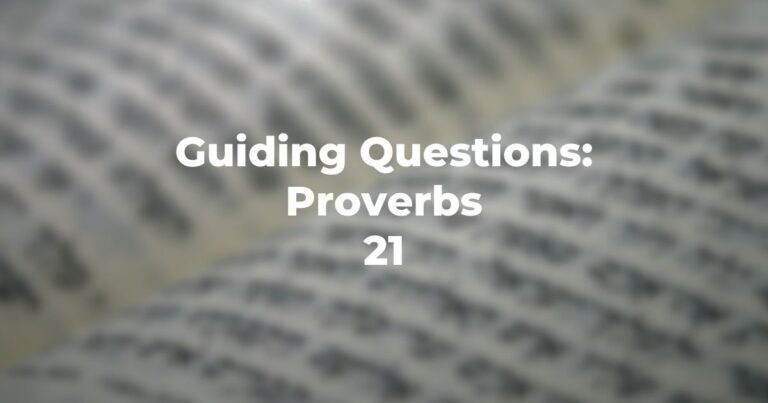In our modern world, where exhaustion is often worn as a badge of honor, this ancient story calls us to attention. When Jacob and Esau’s story unfolds in Genesis, we encounter more than just a tale of a birthright sold for a bowl of lentils. It reveals a profound truth about the relationship between physical exhaustion and spiritual vitality, between momentary weariness and eternal values.
I’ve often wondered: Why would Jacob do such a thing to his brother – buying Esau’s birthright for a bowl of lentils in a moment of weakness?
The answer lies deeper than the simple exchange we see on the surface.
“I am exhausted,” declares Esau, returning from the field. Our sages, particularly Rashi, teach us that Esau was “exhausted from murder,” suggesting his fatigue went beyond physical tiredness to a deeper moral exhaustion.
When Esau demands from his twin, Jacob, to feed him the red lentil soup, he uses the words: “Pour this red stuff down my throat.” This reveals not just hunger but a profound loss of dignity and self-control.
The pivotal moment arrives when Esau utters the words that would echo through generations: “What good is a birthright to me?”
This wasn’t merely physical exhaustion speaking – it was a fundamental rejection of tradition and legacy. Even after satisfying his hunger and regaining his strength, the text tells us “he despised his birthright.”
His temporary weakness led to a permanent severance from his spiritual inheritance.
Jacob, recognizing the gravity of this moment, acts to preserve the precious chain of tradition. He offers not just the requested stew but adds bread – going beyond the bargain, showing compassion even in this tense moment. This often-overlooked detail reveals that Jacob’s actions weren’t about exploitation but about protecting something precious from being lost to exhaustion’s poor judgment.
Our beloved Israeli poet Leah Goldberg wrote this poem, “Teach me” in response to laziness and boredom with the world:
Teach me, my God, to bless and pray
Over the secret of a withered leaf,
Over the glow of ripe fruit…
Let not my day be as yesterday…
This prayer for perpetual renewal echoes in the contemporary song of Toldot which I composed, as a cantor and a songwriter, as a response to the story:
Let me gather as I may, Sweep me far and far away.
Push me forward, this I pray – Just keep weariness at bay.
Though in darkness I may dwell, Still my eyes seek where You tell.
Even when my stores are spare, I’ll be with you anytime, everywhere.
The lesson resonates clearly: spiritual and physical vitality are intertwined. When we become thoroughly exhausted – physically, morally, or spiritually – we risk undervaluing our most precious inheritances. Like the Philistines who didn’t even steal the wells but instead they filled them with earth, making them useless for everyone, exhaustion doesn’t just rob us of our strength, it buries our ability to nourish ourselves and others.
We Israelis choose life, choose to help each other, choose perseverance, and choose commitment to improving the world we inhabit.
In our modern world, where exhaustion is often worn as a badge of honor, this ancient story comes to remind us that maintaining our vigor isn’t just about physical rest – it’s about preserving our capacity to value what truly matters. When we say we’re “too tired” for tradition, for family, for spiritual growth, we risk following Esau’s path, which ends with a big cry, regret and the will to kill a brother without any mercy.
The story asks us: What wells are we allowing to be filled with earth? What birthrights might we be tempted to surrender in our moments of exhaustion?
Most importantly, the story challenges us to maintain our spiritual and physical vitality and to remain capable of recognizing and preserving what is truly precious in our lives.
Like Jacob, we must stay alert to protect our spiritual inheritance. And like Leah Goldberg, we must pray for the ability to see each day with fresh eyes, never letting our days become mere habits, never letting exhaustion dim our appreciation for life’s sacred gifts.
Author
-
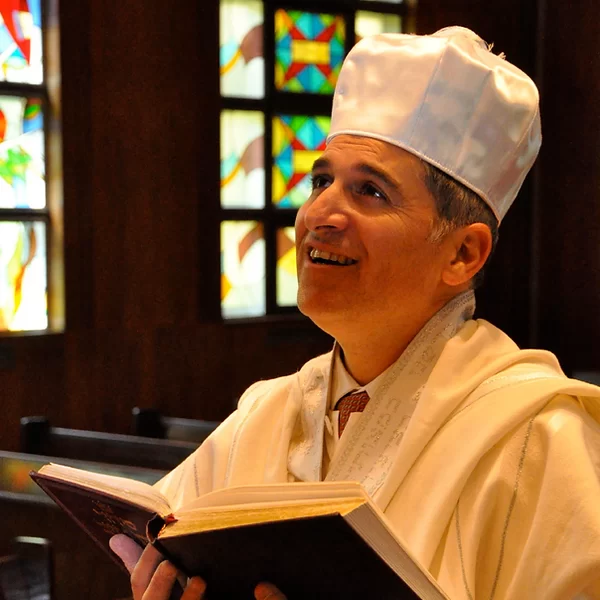
Born in Jerusalem (1965), Boaz Davidoff is a cantor, musician, and rabbinical student living between Israel and Montreal. He was a fellow in the first cohort of the Exploring Judaism's Writer's Fellowship. He serves as cantor at Montreal's Shaarezedek Synagogue and teaches Bar-Mitzvah, voice, and guitar in Israel. Boaz performs concerts solo and with his band across Israel. Currently in his final year of rabbinic studies at Jerusalem's Schechter Institute, he occasionally substitutes as rabbi in Montreal. Married with three children, Boaz is passionate about Israel, organizing charity concerts and events to support the country. He combines his musical talents with religious leadership, bridging communities in Canada and Israel.
View all posts

